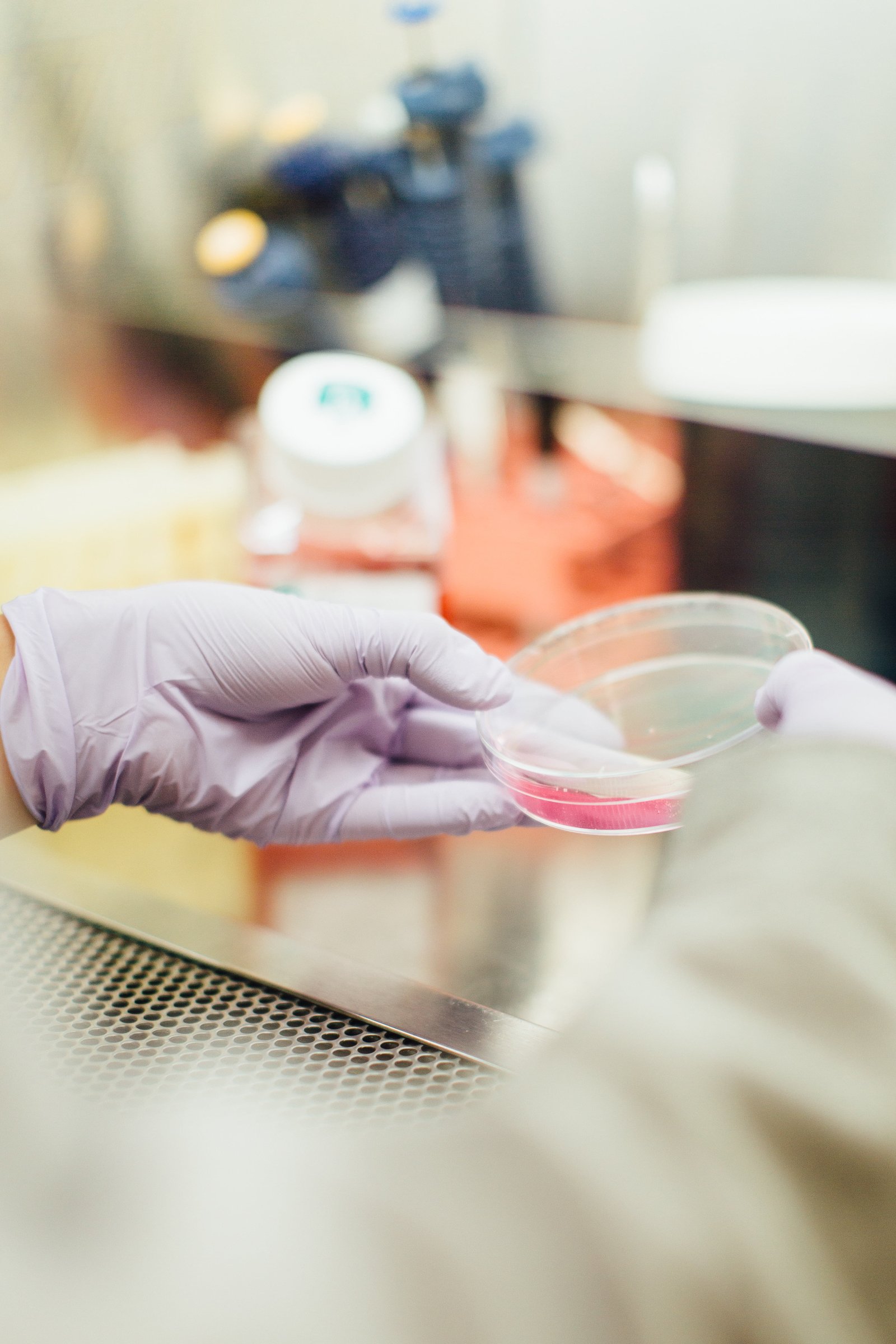There are a few severe gut issues that, while making lifestyle & dietary changes, may lessen the symptoms, you would need professional medical intervention to completely resolve.
However, please note that these secret skin intruders are usually accompanied by a host of other symptoms in addition to chronic acne. Because there is such a clear link between the health of our gut and the condition of our skin, aggravated gut problems can lead to a number of skin disorders.
Parasites
Parasitic infections are real! Parasites ruin your gut lining, and can cause many digestive issues. Parasites without a doubt will cause skin issues starting from the inside.
Symptoms other than acne could include unexplained diarrhea, gas, sleep disorders, mysterious skin rashes, chronic fatigue, joint or muscle pain, and the inability to feel full after meals. This list is of course not all inclusive because the symptoms of a parasitic infection may be broad and many doctors are not trained in recognizing the signs of an infection.
Conventional stool testing is a common method, but this might need to be performed a number of times to provide an accurate diagnosis since some parasites have active and dormant life cycles. If you choose to do a stool test, make sure you choose checks for a number of pathogenic organisms. If you’ve tried everything to treat acne and have not yet seen results, this could be worth trying.
Not yet convinced that a surprising percentage of the population could be carrying one, especially in first world countries? Back in the 1980’s, the Centers for Disease Control and Prevention (CDC) in Atlanta analyzed 216,275 stool samples from healthy individuals, and 20.1% of them were diagnosed to be carrying a parasite. Another study from the UK in 2006 discovered with among those with gut problems, a heaping 31.6% of them were found with at least one parasite. You can pick up parasites from traveling abroad, from food poisoning, walking barefoot in unfamiliar areas, and even from common household pets like cats and dogs.
Sometimes parasites will go away on their own with the help of the host’s immune system. If not, then a doctor will need to prescribe medication and may put you on a restrictive diet for a certain period of time.
Although there are a number of ‘natural remedies’ that are being promoted over the internet to fight parasites yourself, there is simply not enough scientific evidence for me to recommend these natural cures at this time. So my best recommendation would be to see a doctor and to bring this possibility to their attention to maximize effectiveness and safety in your treatment plan. When digestion problems and energy levels improve, so will your skin!
Candida overgrowth
Another potential digestive disease that could prevent you from getting clear is candida overgrowth. Candida is a fungus, which is a form of yeast that lives naturally within our mouth and digestive track to aid with nutrient absorption. However, problems begin when candida starts to overproduce and breaks down the wall of our intestines, releasing into our blood stream toxic by-products and causing leaky gut.
You’ll experience a number of symptoms (not just acne), such as bloating, acid reflux, oral/vaginal thrush (characterized by patches of white rashes), eczema, scaly red rashes, skin and nail fungal infections, muscle pain, memory problems, extreme fatigue, irritability, and possibly other symptoms.
The good news is that candida overgrowth can be treated quickly and effectively. If you suspect you have this pathogen, you must complete lab tests with your doctor. If diagnosed, antifungal medication will be prescribed by your doctor as a well as a specialized anti-candida diet that starves the fungus of what it needs to grow.
SIBO
This is short for small intestinal bacteria overgrowth, which occurs when the gut bacteria that belongs in the colon starts to populate the small intestine instead. SIBO is often associated with acne, rosacea, and can lead to other symptoms like bloating, diarrhea, constipation and stomach pains. Besides acne, other symptoms of SIBO are often shared with those suffering from Irritable Bowel Syndrome (IBS).
Actually, SIBO has been theorized as the underlying cause of Irritable Bowel Syndrome in most patients. Although what exactly causes SIBO in the first place remains much of a mystery, SIBO has been linked to low levels of stomach acid which allows bacteria to move to places where it normally should not go. SIBO can also be an after-effect following food poisoning or other pre-existing diseases.
For a full list of symptoms, please visit this site by Dr. Allison Siebecker, a naturopathic doctor and one of the leading experts on SIBO.
If you suspect you could have SIBO, it’s important to get tested through a doctor’s office. The doctor will prescribe a drug called rifaximin, which is an anti-biotic.
After your treatment, you’ll need to repopulate your bowel with good bacteria with probiotic supplements or foods rich in probiotics. You may also want to consult with your doctor if needed to follow any dietary restrictions for period of time or take a supplement with Hydrochloric Acid (HCl) to help increase the antibacterial acid of the stomach to prevent a relapse.
Even with these more extreme gut conditions that will require medical intervention, you would benefit from making the lifestyle and dietary changes that are necessary to help speed up your recovery.

Leave a Reply